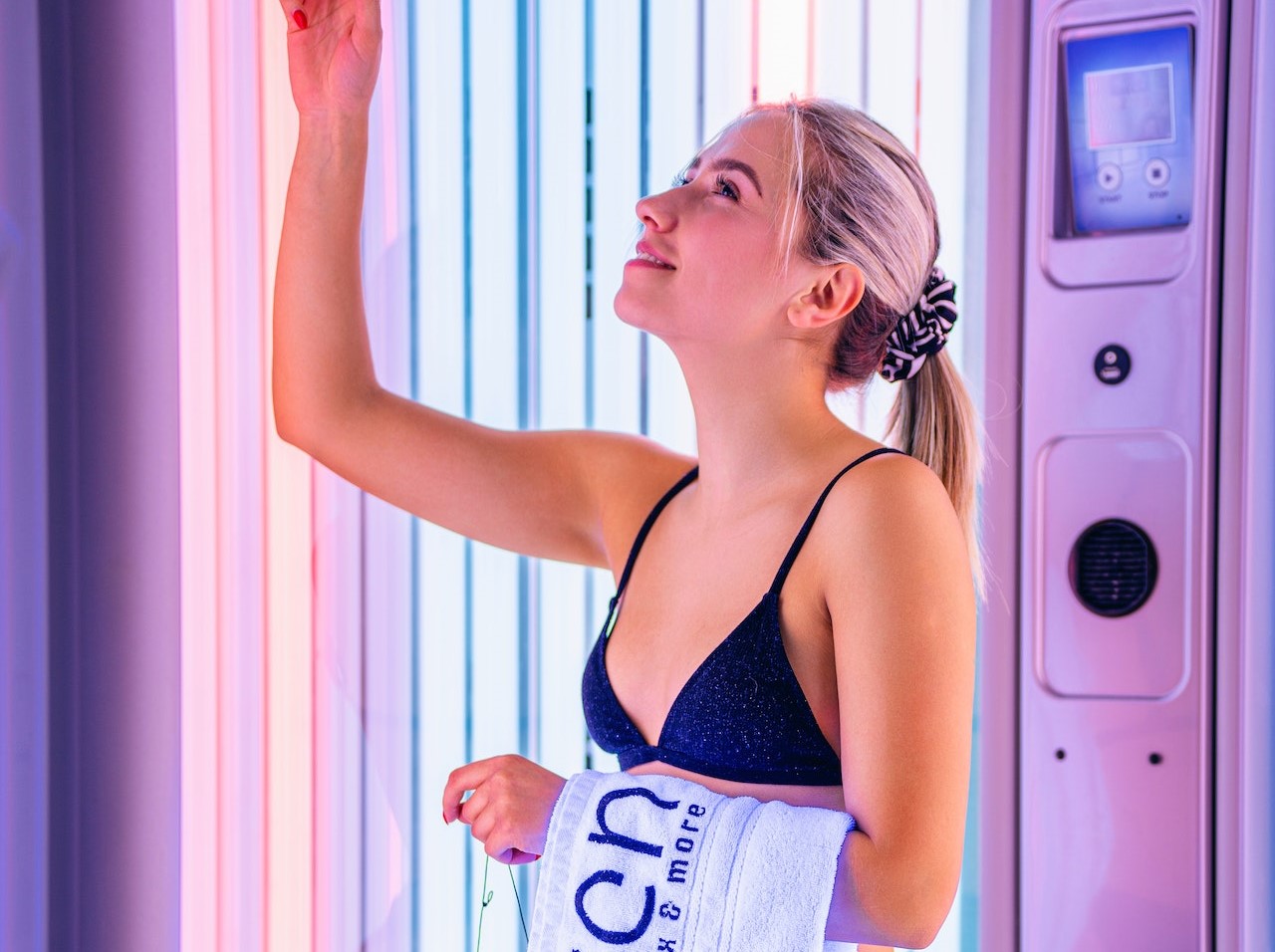
Summer is gone, and with it the beautiful tan? Fear not, we have several ways to do it. Find out what nutrients and compounds are key to taking care of your skin.
The tanning bed is probably the first place that comes to mind during the gray autumn-winter season. However, not everyone is a proponent of this solution. Also, not everyone is necessarily a fan of using bronzing cream. Although it does indeed bring an express effect, one must not forget that it only works in the short term. Its application can prove cumbersome and end up with several dark stains on our favorite clothes. So what do we suggest to renew and preserve your natural tan for longer?
In order to maintain beautiful bronzed skin, you must take care to provide your body with the necessary nutrients and compounds. Most often recommended are products rich in provitamin A, or beta-carotene. You can find it in yellow, orange and red vegetables, including carrots, peppers, pumpkin, peaches or apricots, as well as spinach, peas and green beans. It’s a good idea to supply it in the form of juices or purees. You can also reach for dietary supplements in capsule form. Beta-carotene in any form is great for renewing your tan, thanks to its stimulation of skin pigment cells that produce melanin. However, be sure not to consume it in excessive amounts, as you risk over-coloring your skin. In addition, it is not recommended for pregnant women and nursing mothers.
Well-chosen cosmetics, rich in the right chemical compounds, will preserve your tan for longer. Bronzed skin needs them to stay nourished and recover quickly from prolonged sunbathing.
Vitamin E will protect your complexion from damage. Rays and pollution effectively accelerate the formation of wrinkles, but vitamin E’s antioxidant action can prevent them. It will also take care of the firmness and tone of your skin. If you’re not a fan of cosmetics, you’ll also meet it in green vegetables such as broccoli, kale and spinach.
Panthenol, also known as pro-vitamin B5, is great for tan care. D-panthenol evens out skin tone and soothes discoloration. In addition, it moisturizes and accelerates regeneration after prolonged sunbathing. It will even work well when applied to burns – it will eliminate the burning sensation. It is most often found in creams.
Allantoin will regenerate the epidermis after sunbathing. It will moisturize the skin and relieve the burning sensation that can be caused by too long contact with the sun. You’ll find this compound primarily in soothing face creams and masks, in the root of the resin bush, beans, soybeans, horse chestnut and spotted honeysuckle.
Vitamin B5 is related to the aforementioned panthenol, but other B compounds should also be mentioned.
Vitamin B2, or riboflavin, is also key, as it promotes skin regeneration. Its deficiency can cause a number of epidermis-related problems. Primarily mentioned are peeling and cracking of the skin, and even the formation of inflammation.
Vitamin B3, known as niacin, like vitamin B2 supports the epithelium. It prevents pellagra, which involves peeling of the epidermis. Taking it protects the skin and improves its appearance.
B vitamins can be found primarily in legumes, meat, dairy, vegetables and fruits.
main photo: pexels.com/John Tekeridis